Home>Articles>How Long Does It Take For A Ryobi 18V Battery To Charge
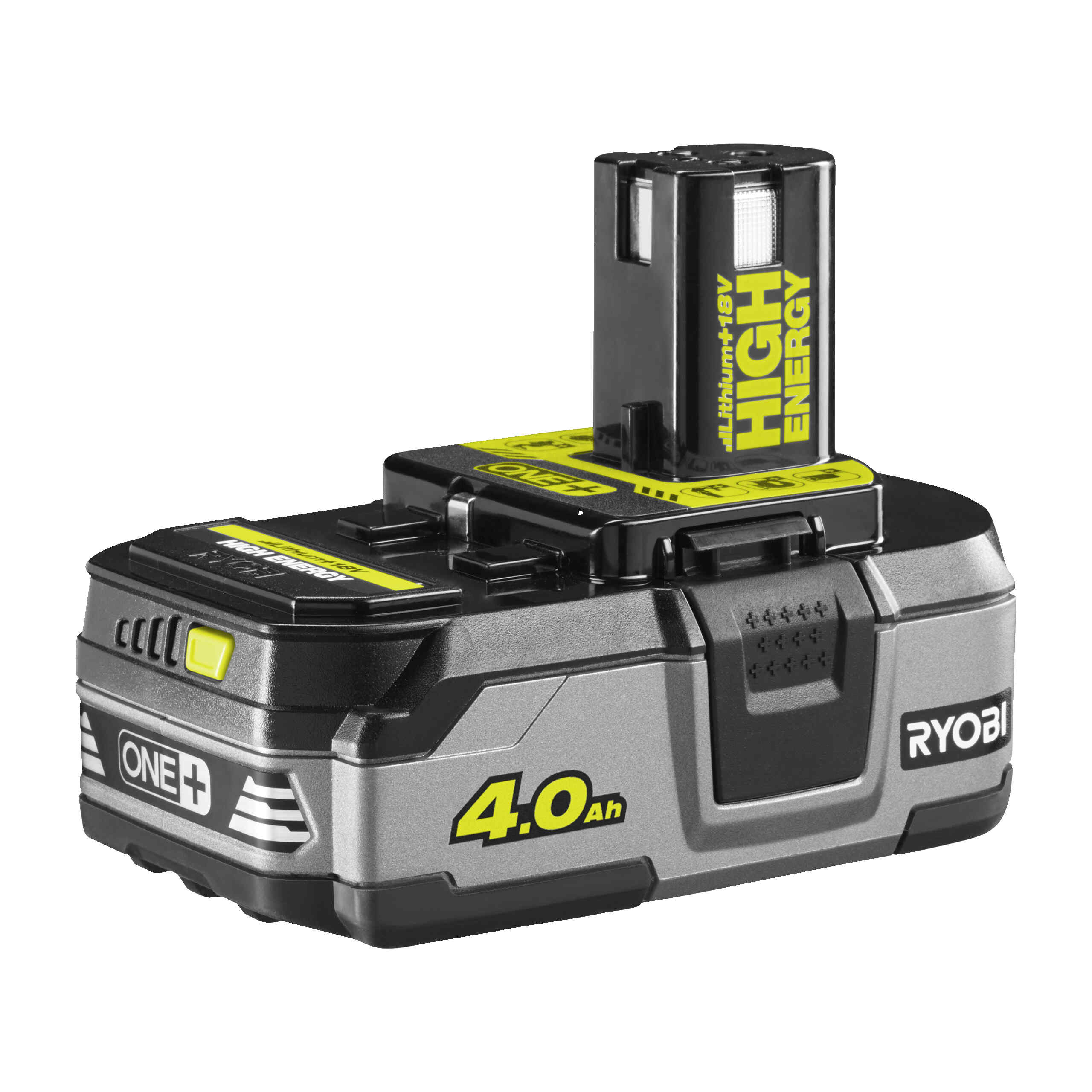

Articles
How Long Does It Take For A Ryobi 18V Battery To Charge
Modified: May 6, 2024
Learn how long it takes for a Ryobi 18V battery to charge with our informative articles. Find out the charging time for your battery model and maximize your productivity.
(Many of the links in this article redirect to a specific reviewed product. Your purchase of these products through affiliate links helps to generate commission for Storables.com, at no extra cost. Learn more)
Introduction
When it comes to powering your Ryobi tools, the performance and longevity of your battery are crucial. One of the most common questions people have is how long it takes for a Ryobi 18V battery to charge. Understanding the charging process and the factors that can affect it can help you get the most out of your battery life and ensure that your tools are always ready to go.
Ryobi is a well-known brand in the power tool industry, providing a wide range of high-quality tools powered by their 18V battery system. These batteries are renowned for their efficiency and reliability, making them a top choice for both professionals and DIY enthusiasts.
The charging time for a Ryobi 18V battery depends on various factors, including the battery capacity, charging method, and the charger’s specifications. By understanding these factors and implementing a few tips, you can optimize the charging time and ensure that your battery is ready to tackle any project swiftly.
In this article, we will delve deeper into the topic of Ryobi 18V battery charging time. We will explore the factors that can affect the charging duration and provide insights into the specific charging times for different Ryobi 18V battery models. Additionally, we will share some valuable tips to help you optimize the charging time and maximize the performance of your Ryobi batteries.
So, if you’re ready to learn more about how long it takes for a Ryobi 18V battery to charge, let’s dive right in and unlock the secrets to keeping your tools powered up efficiently.
Key Takeaways:
- Understanding the factors that affect Ryobi 18V battery charging time, such as battery capacity, charging method, and ambient temperature, can help optimize charging efficiency and ensure your power tools are always ready for action.
- Implementing techniques like using fast chargers, maintaining proper battery condition, and planning ahead can significantly reduce charging times and prolong the lifespan of your Ryobi 18V batteries, leading to improved productivity and seamless work experiences.
Read more: How Long Does A Ryobi 18V Battery Last
Understanding Ryobi 18V Batteries
Ryobi 18V batteries are the lifeblood of your Ryobi power tools. They are designed to provide a reliable and efficient power source, allowing you to tackle a wide range of projects with ease. Before we delve into the charging time, let’s understand some key aspects of Ryobi 18V batteries.
Ryobi offers a diverse range of 18V batteries, each with different capacities and features. The capacity of a battery determines how long it can power your tools before needing to be recharged. Higher capacity batteries generally provide longer runtimes, but they may also take longer to charge.
Another important aspect to consider is the battery chemistry. Ryobi 18V batteries use lithium-ion (Li-ion) technology, which offers several advantages over older battery chemistries. Li-ion batteries are lightweight, have a high energy density, and provide consistent power output until the charge is depleted.
Ryobi batteries also feature advanced electronics that deliver optimal power to your tools while protecting against overcharging and overheating. These safety features ensure that your batteries are protected and prolong their lifespan.
It’s worth mentioning that Ryobi 18V batteries are part of the ONE+ system, which means they are compatible with a wide range of Ryobi power tools. This versatility allows you to share batteries between different tools, eliminating the need to invest in multiple batteries for each tool.
It’s important to note that Ryobi offers different types of chargers for their 18V batteries. Standard chargers are typically included when purchasing a Ryobi tool or battery, and they provide an efficient and reliable charging option. Alternatively, Ryobi also offers fast chargers that can significantly reduce the charging time, but they may come at an additional cost.
Now that we have a better understanding of Ryobi 18V batteries and their key features, let’s explore the factors that can affect the charging time.
Factors Affecting Charging Time
Several factors can influence the charging time of your Ryobi 18V battery. Understanding these factors can help you manage your charging process more effectively and ensure that your battery is ready when you need it. Let’s take a closer look at the key factors affecting the charging time:
- Battery Capacity: The capacity of your Ryobi 18V battery is measured in ampere-hours (Ah) and determines the amount of charge it can hold. Higher capacity batteries will generally take longer to charge compared to lower capacity ones. For example, a 4Ah battery will require more charging time compared to a 2Ah battery.
- Charging Method: Ryobi batteries can be charged using either the standard charger or a fast charger. The choice of charger can impact the charging time significantly. Fast chargers are designed to charge the battery at a higher current, reducing the overall charging time. However, it’s important to note that using a fast charger may result in increased heat generation and could potentially reduce the overall lifespan of the battery.
- Charger Specifications: The specifications of your charger, such as the charging current and voltage, can also affect the charging time. Higher charging currents will charge the battery faster but may generate more heat. It is essential to use a charger that is compatible with your specific battery model to ensure optimal charging performance.
- Battery Condition: The condition of your battery can also play a role in the charging time. Older or heavily used batteries may take longer to charge compared to newer ones. Additionally, if the battery has been stored for a long time with little or no charge, it may require a longer initial charging time to reach its full capacity.
- Ambient Temperature: The ambient temperature in the charging environment can impact the charging time. Extreme temperatures, both hot and cold, can affect the charging efficiency and potentially increase the charging time. It is recommended to charge your batteries in a moderate temperature environment for optimal performance.
By considering these factors and adapting your charging routine accordingly, you can minimize the charging time and maximize the productivity of your Ryobi 18V batteries. In the next section, we will outline the estimated charging times for different Ryobi 18V battery models.
It typically takes about 60 minutes to fully charge a Ryobi 18V battery using a standard charger. However, the charging time may vary depending on the battery’s level of depletion and the specific charger being used.
Charging Time for Different Ryobi 18V Battery Models
The charging time for Ryobi 18V batteries can vary depending on the battery model and capacity. Here, we provide a general guide to give you an idea of the estimated charging times for different Ryobi 18V battery models:
- 1.5Ah Battery: A 1.5Ah Ryobi 18V battery typically takes around 30 minutes to 1 hour to fully charge using a standard charger.
- 2.0Ah Battery: Charging a 2.0Ah Ryobi 18V battery using a standard charger usually takes between 45 minutes to 1.5 hours.
- 4.0Ah Battery: Charging a 4.0Ah Ryobi 18V battery using a standard charger typically takes around 1.5 to 2.5 hours.
- 6.0Ah Battery: A 6.0Ah Ryobi 18V battery is a higher capacity battery and may require a longer charging time. Using a standard charger, it can take approximately 2.5 to 4 hours to fully charge.
It’s important to note that these estimated charging times are general guidelines and can vary based on charging conditions and battery age. Additionally, using a fast charger can significantly reduce the charging time for all battery models, approximately cutting the time in half compared to a standard charger.
Remember to refer to the user manual or the information provided by Ryobi for the specific charging times for your battery model. This can ensure that you have accurate information tailored to your battery’s specifications.
Now that you have an idea of the estimated charging times for different Ryobi 18V battery models, let’s explore some tips and techniques to optimize your charging time.
Tips to Optimize Charging Time
To make the most of your charging process and optimize the charging time for your Ryobi 18V batteries, consider implementing the following tips and techniques:
- Use a Fast Charger: If you have a fast charger available, utilize it to reduce the charging time significantly. Fast chargers are designed to charge the battery at a higher current, allowing for quicker recharge times. However, be mindful of potential heat generation and the impact on battery longevity.
- Charge at the Right Temperature: Aim to charge your batteries in an environment with a moderate temperature between 50°F and 86°F (10°C and 30°C). Extreme temperatures can affect the charging efficiency, so avoid charging in excessively hot or cold conditions when possible.
- Maintain Proper Battery Condition: Keep your Ryobi 18V batteries in good condition by avoiding over-discharging them. Try not to let the battery fully deplete before recharging, as this can cause unnecessary strain on the battery and potentially lengthen the charging time. Ideally, recharge the battery when it reaches around 20-30% capacity.
- Properly Store Your Batteries: When not in use, store your batteries in a cool, dry place. Avoid leaving them in direct sunlight or in high humidity conditions, as this can adversely affect performance. Storing the batteries properly ensures they are ready for use and minimizes any potential charging issues.
- Regularly Clean the Battery Contacts: Over time, the battery contacts can accumulate dirt, debris, or other contaminants, which can hinder charging efficiency. Periodically clean the contacts on both the battery and the charger using a dry cloth or cotton swab to ensure a good connection and optimal charging performance.
- Avoid Using Incompatible Chargers: While it may be tempting to use a charger from a different brand or a different model, it’s best to stick with the recommended charger for your Ryobi 18V batteries. Incompatible chargers can lead to improper charging and potentially damage the battery.
- Plan Ahead: If you have multiple batteries and need continuous power, plan your work accordingly. Charge spare batteries while using one, so you always have a fully charged battery ready to swap out. This saves time and ensures you can maintain productivity without interruptions.
By incorporating these tips into your charging routine, you can optimize the charging time for your Ryobi 18V batteries, prolong their lifespan, and enjoy uninterrupted performance from your power tools.
Now, let’s summarize what we have learned so far.
Read more: How To Reset Ryobi 18V Battery
Conclusion
Understanding how long it takes for a Ryobi 18V battery to charge is essential for anyone using Ryobi power tools. By considering the factors that affect charging time and implementing some optimization techniques, you can ensure that your batteries are always ready to power your tools efficiently.
We explored the different factors that can influence charging time, including battery capacity, charging method, charger specifications, battery condition, and ambient temperature. These factors vary from battery to battery and can affect the overall charging duration.
Additionally, we provided estimated charging times for various Ryobi 18V battery models, giving you a general idea of the time required to fully recharge each battery. Keep in mind that these are rough estimates, and the actual charging time may vary based on various factors.
To optimize the charging time, we shared some helpful tips and techniques. Utilizing a fast charger, charging at the right temperature, maintaining proper battery condition, storing batteries correctly, cleaning battery contacts, and avoiding incompatible chargers are all essential practices for maximizing charging efficiency.
By following these tips, you can reduce charging times and ensure that your Ryobi 18V batteries are always ready to power your tools. Whether you’re a professional tradesperson or a DIY enthusiast, optimizing your charging process can lead to improved productivity and a seamless work experience.
Remember to refer to the user manual or the information provided by Ryobi for specific details on charging times and best practices for your battery model. This will ensure that you have accurate and tailored information for your specific battery requirements.
In conclusion, by understanding the factors affecting charging time, utilizing the right charging techniques, and maintaining your batteries properly, you can make the most of your Ryobi 18V batteries and keep your power tools running smoothly for years to come.
Curious about boosting your efficiency with top-grade tools? Our latest guide on power tools dives into which ones really stand out in the workshop. Whether you're drilling, cutting, or sanding, knowing which tools pack the most punch can save you heaps of time and effort. Don't miss out on mastering your craft with the best gear available!
Frequently Asked Questions about How Long Does It Take For A Ryobi 18V Battery To Charge
Was this page helpful?
At Storables.com, we guarantee accurate and reliable information. Our content, validated by Expert Board Contributors, is crafted following stringent Editorial Policies. We're committed to providing you with well-researched, expert-backed insights for all your informational needs.
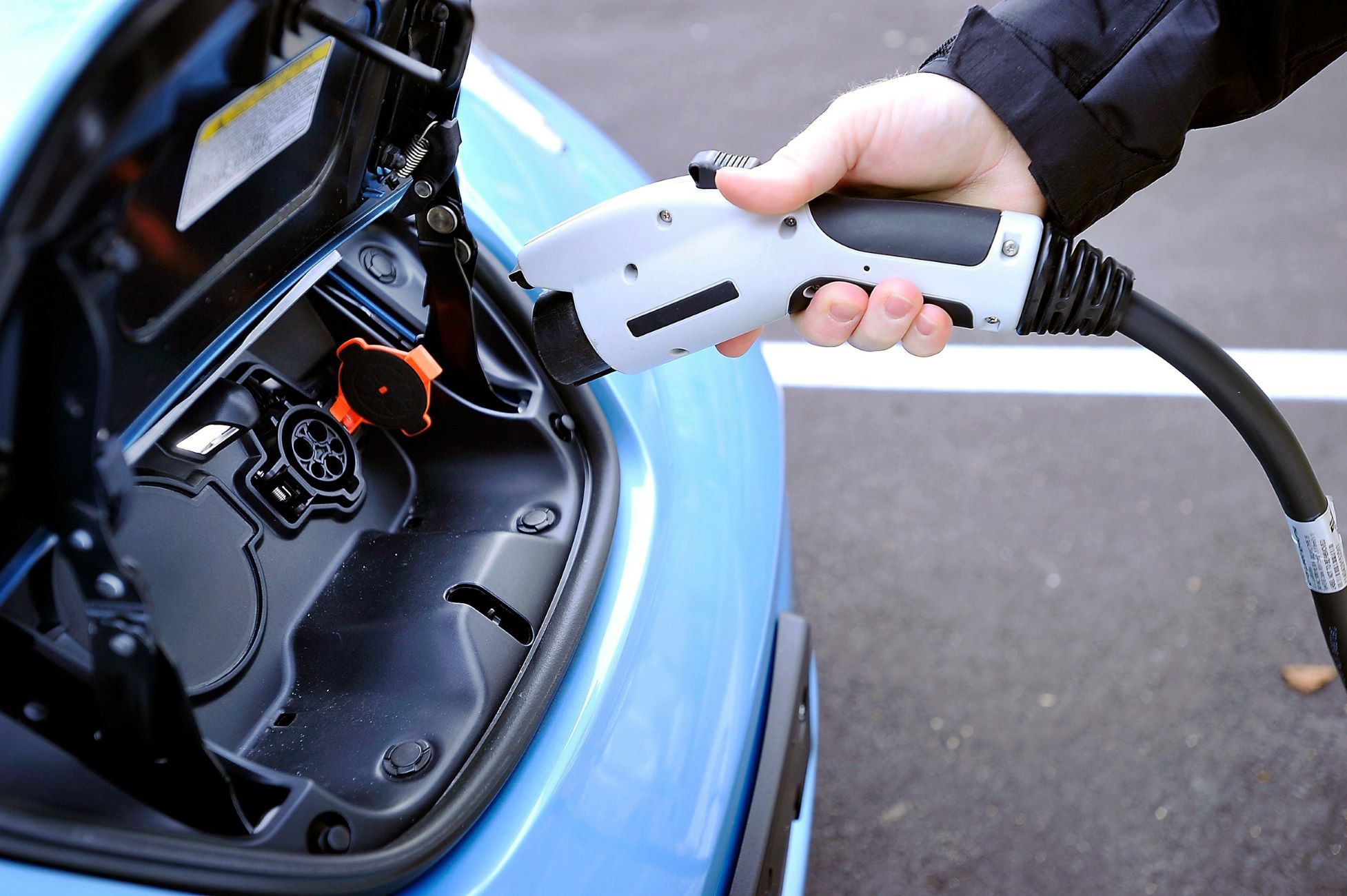
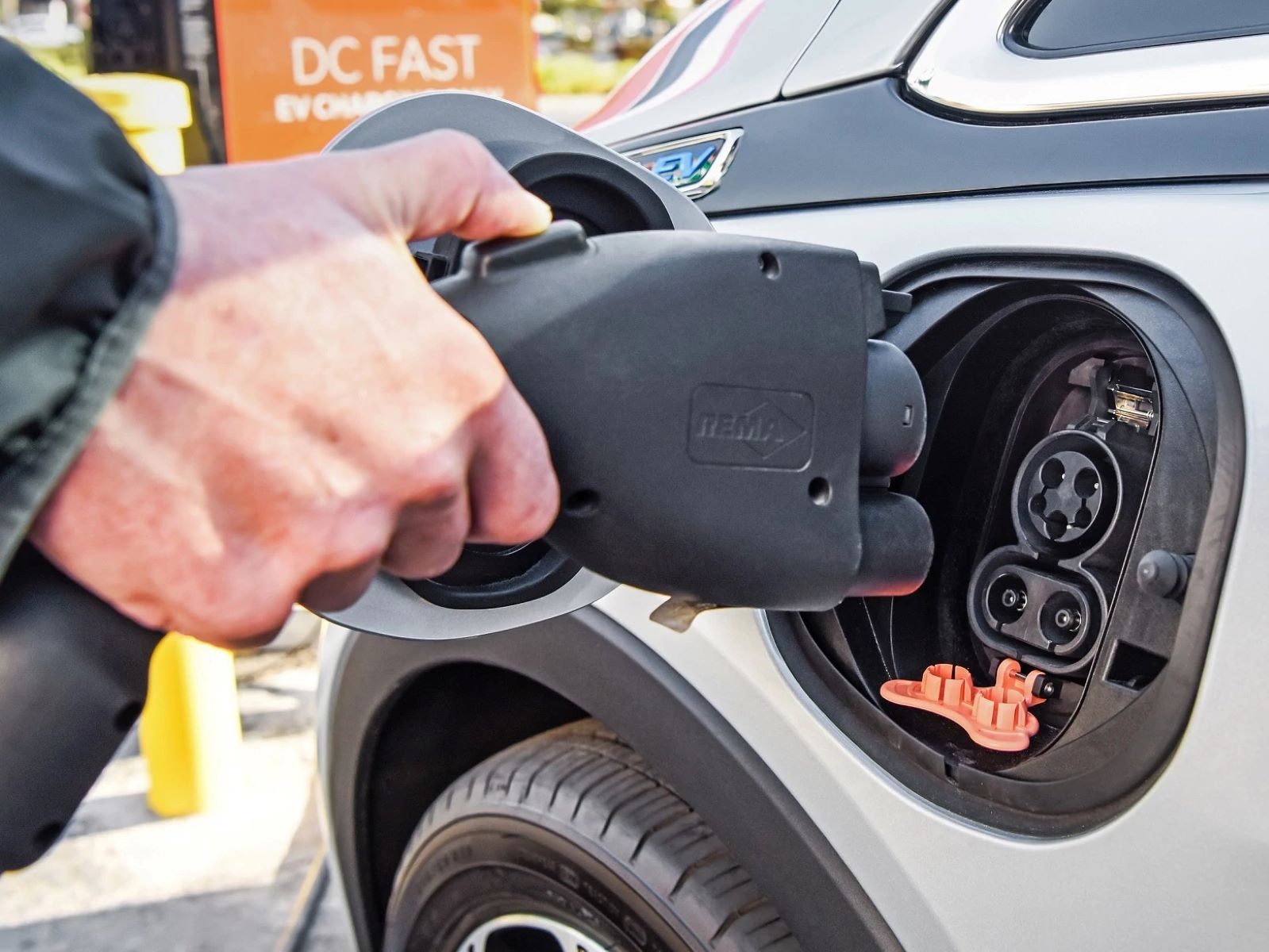
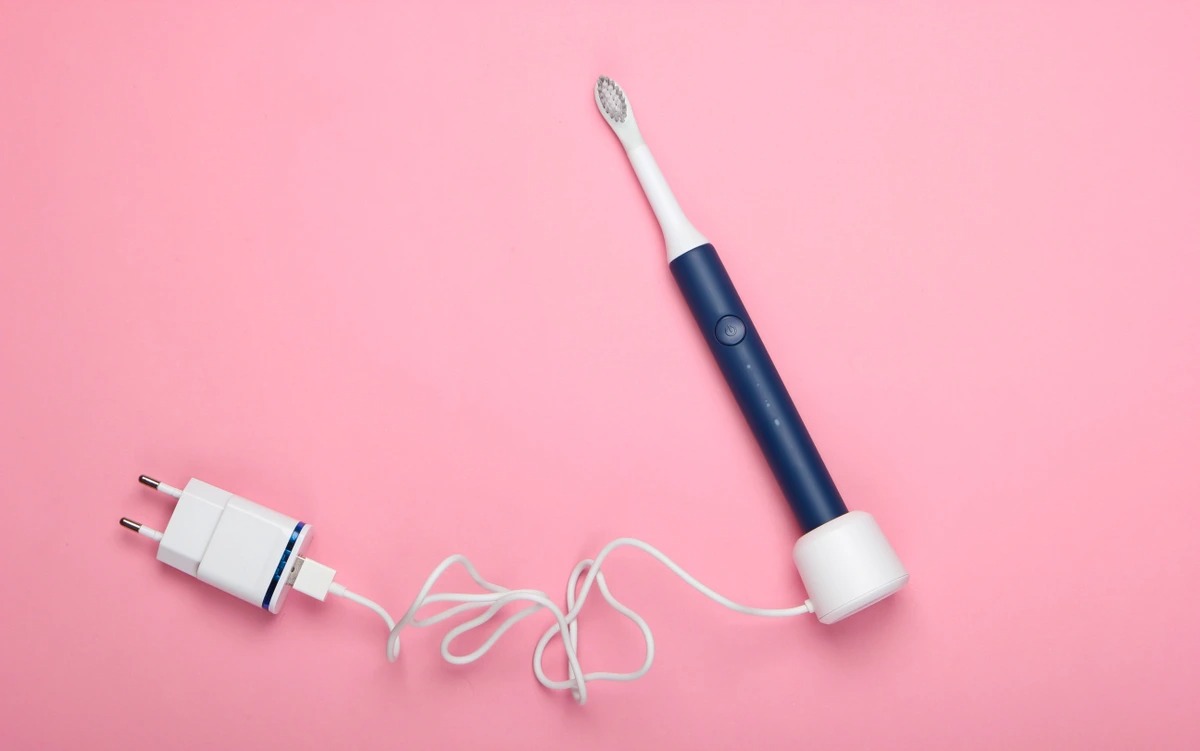
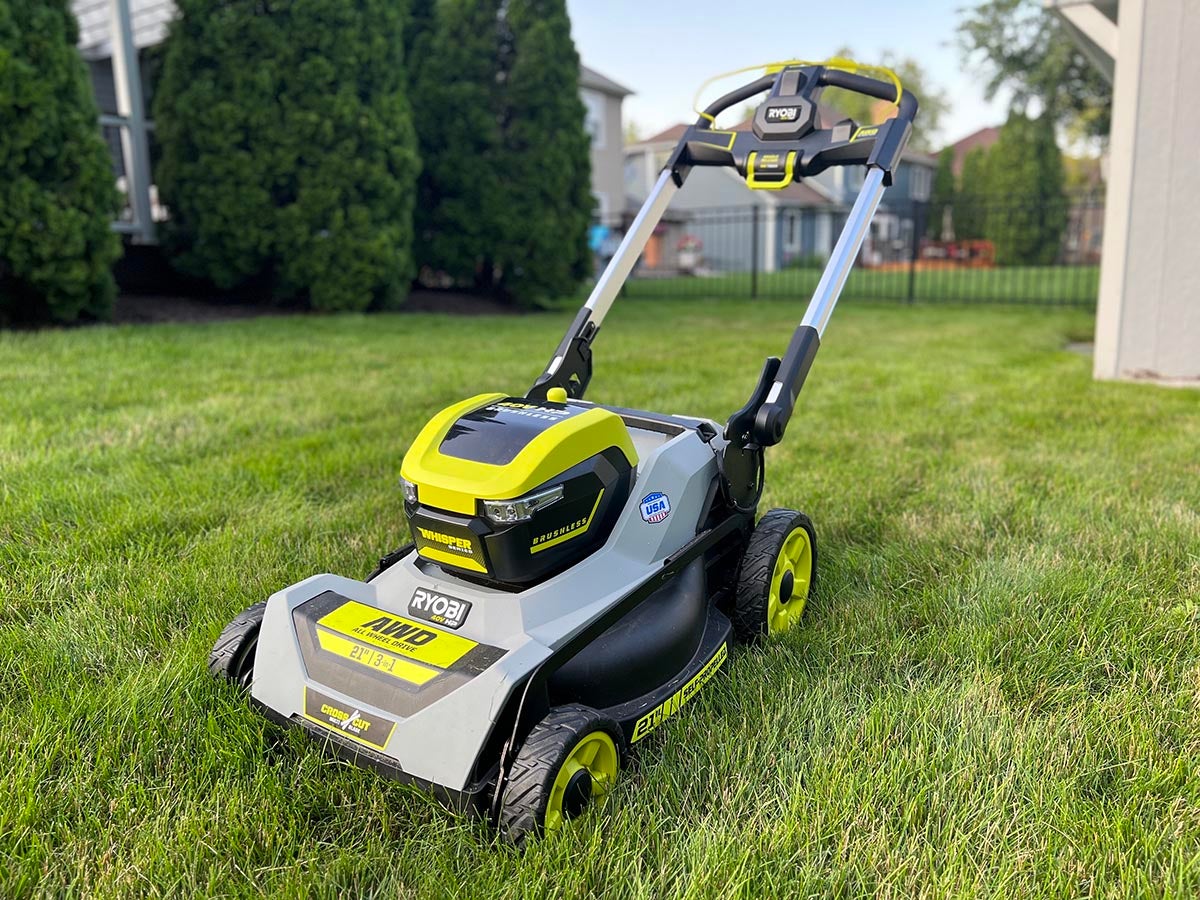
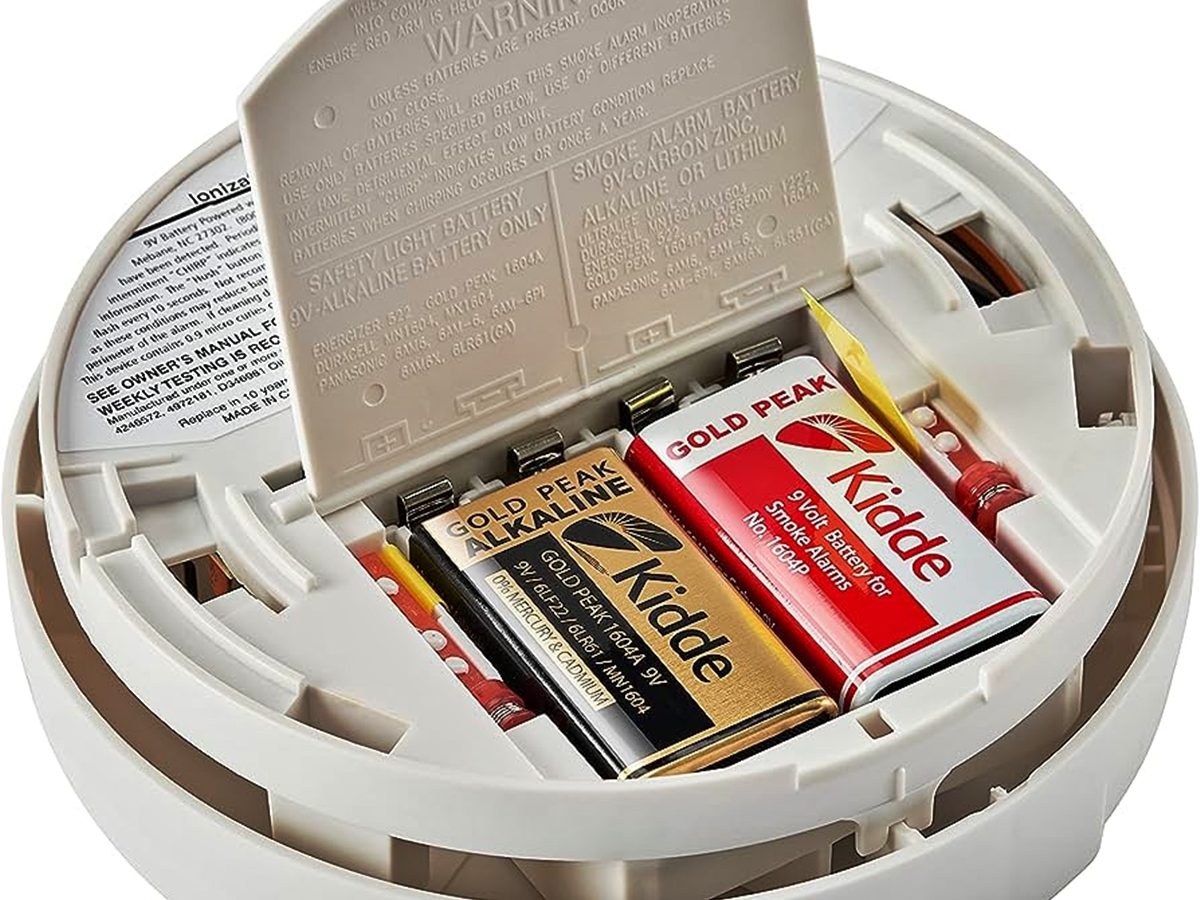
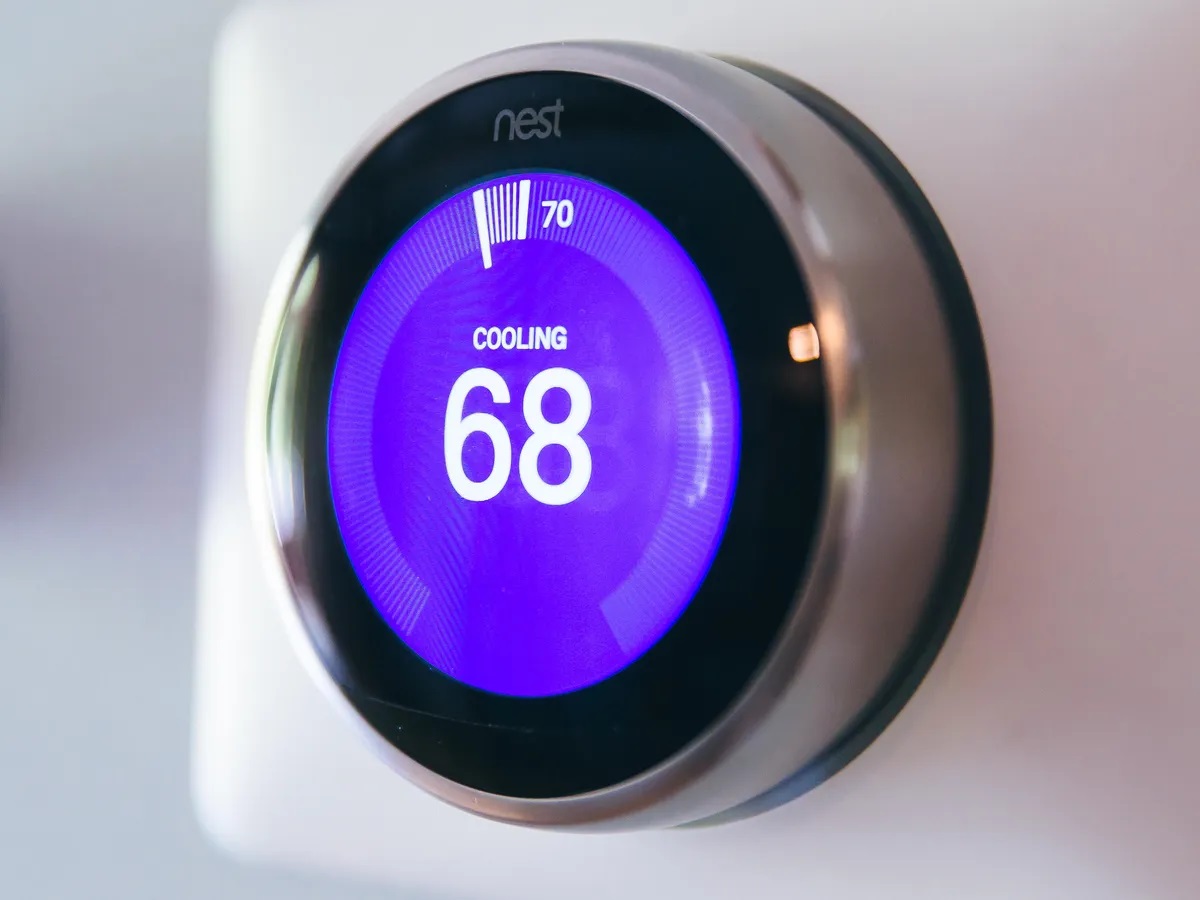
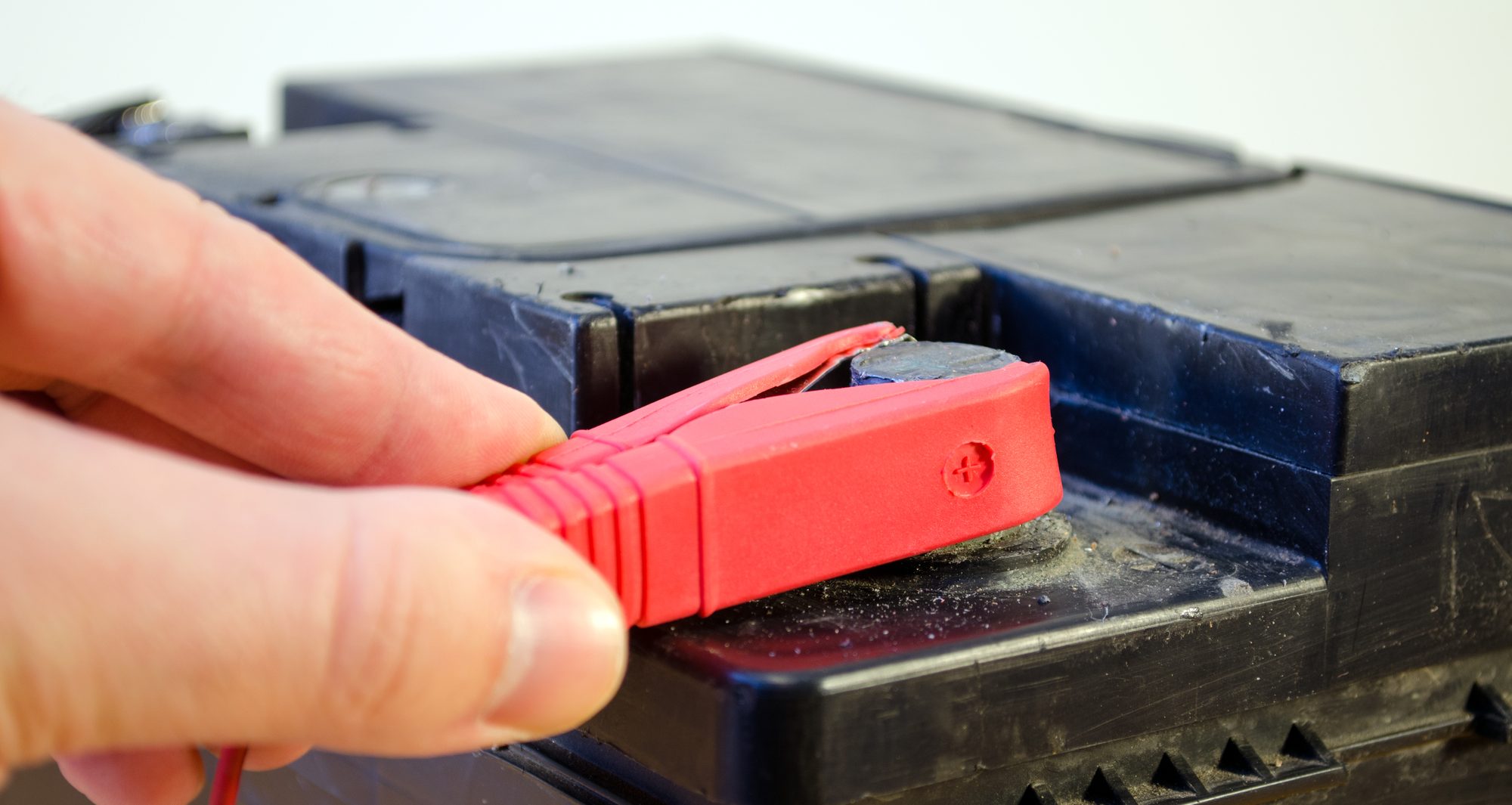
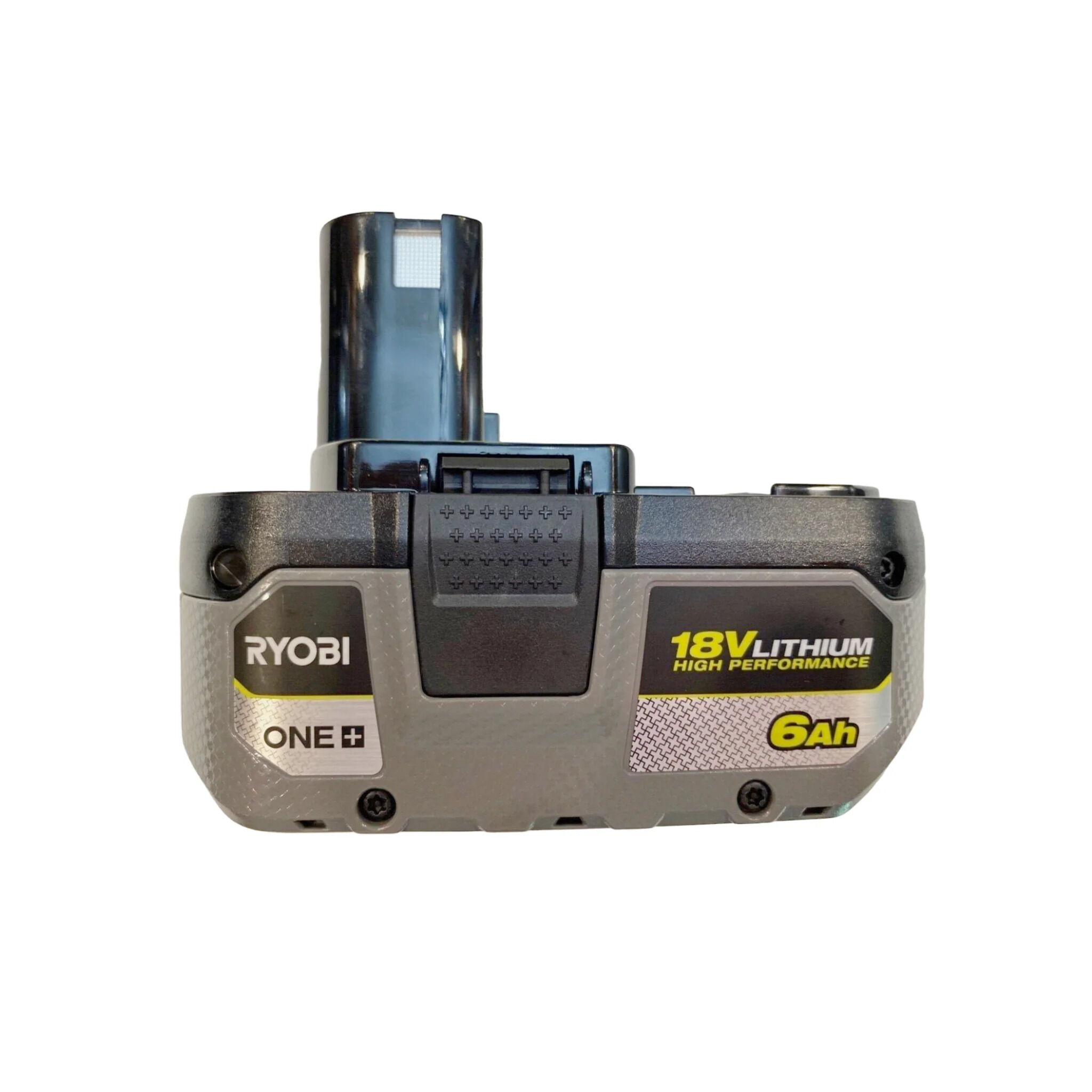
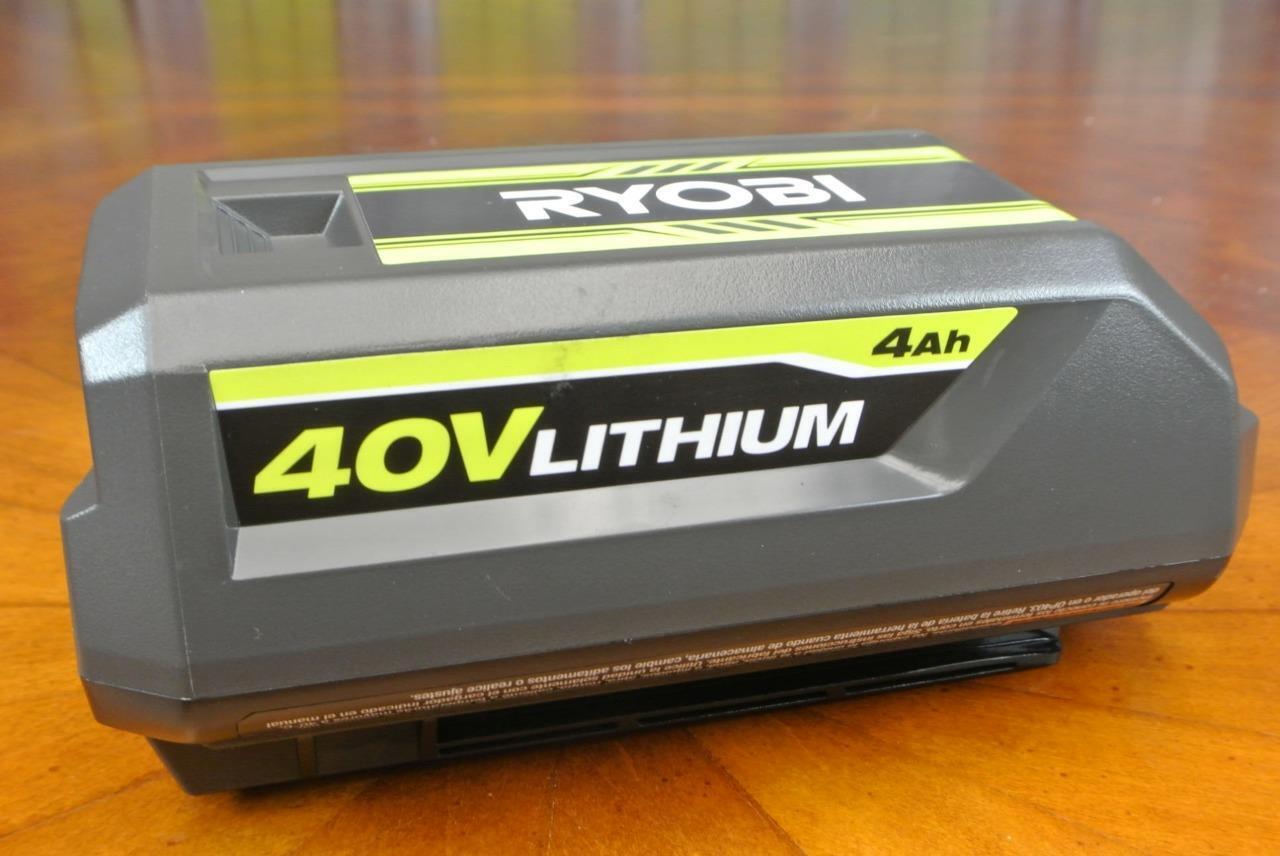
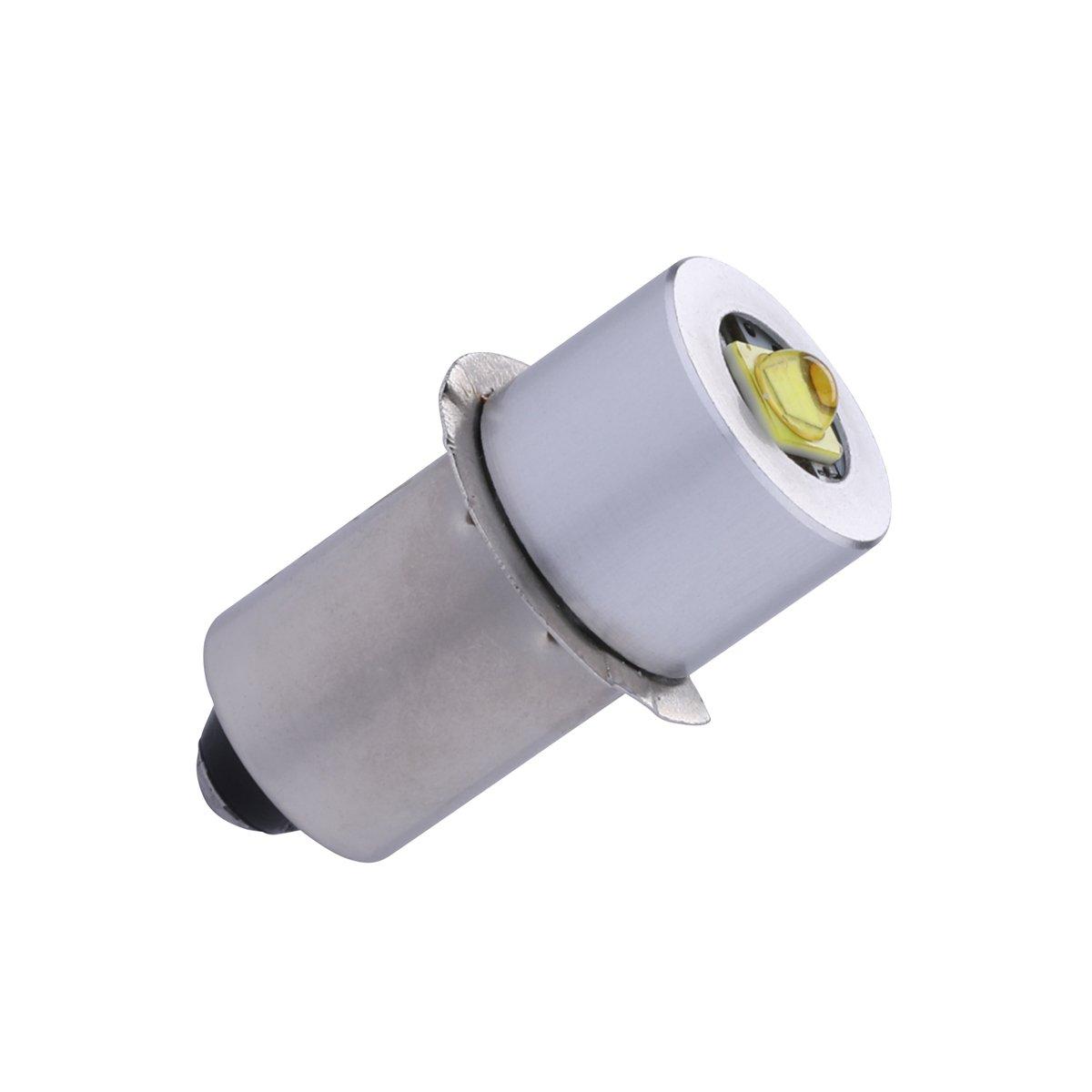
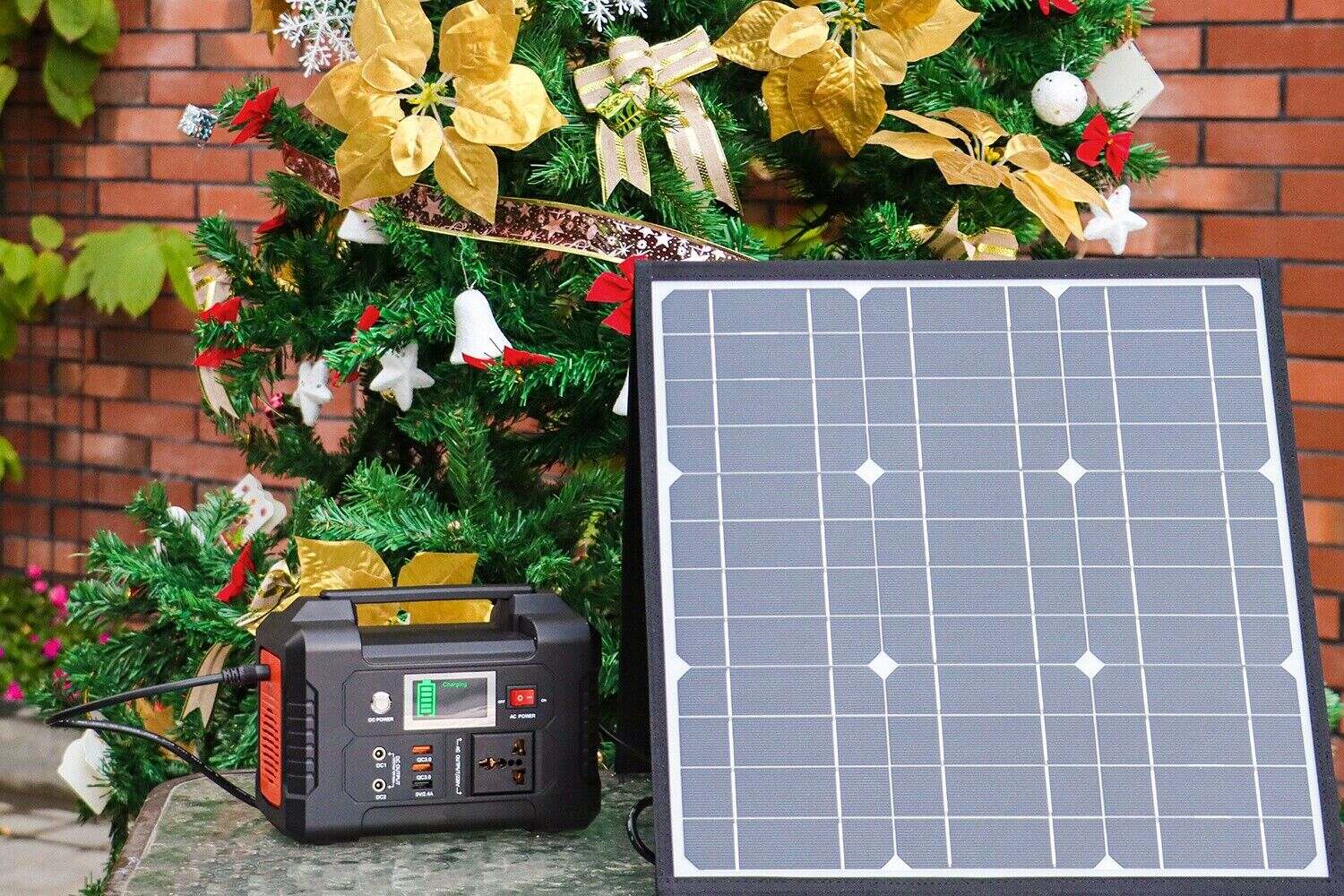
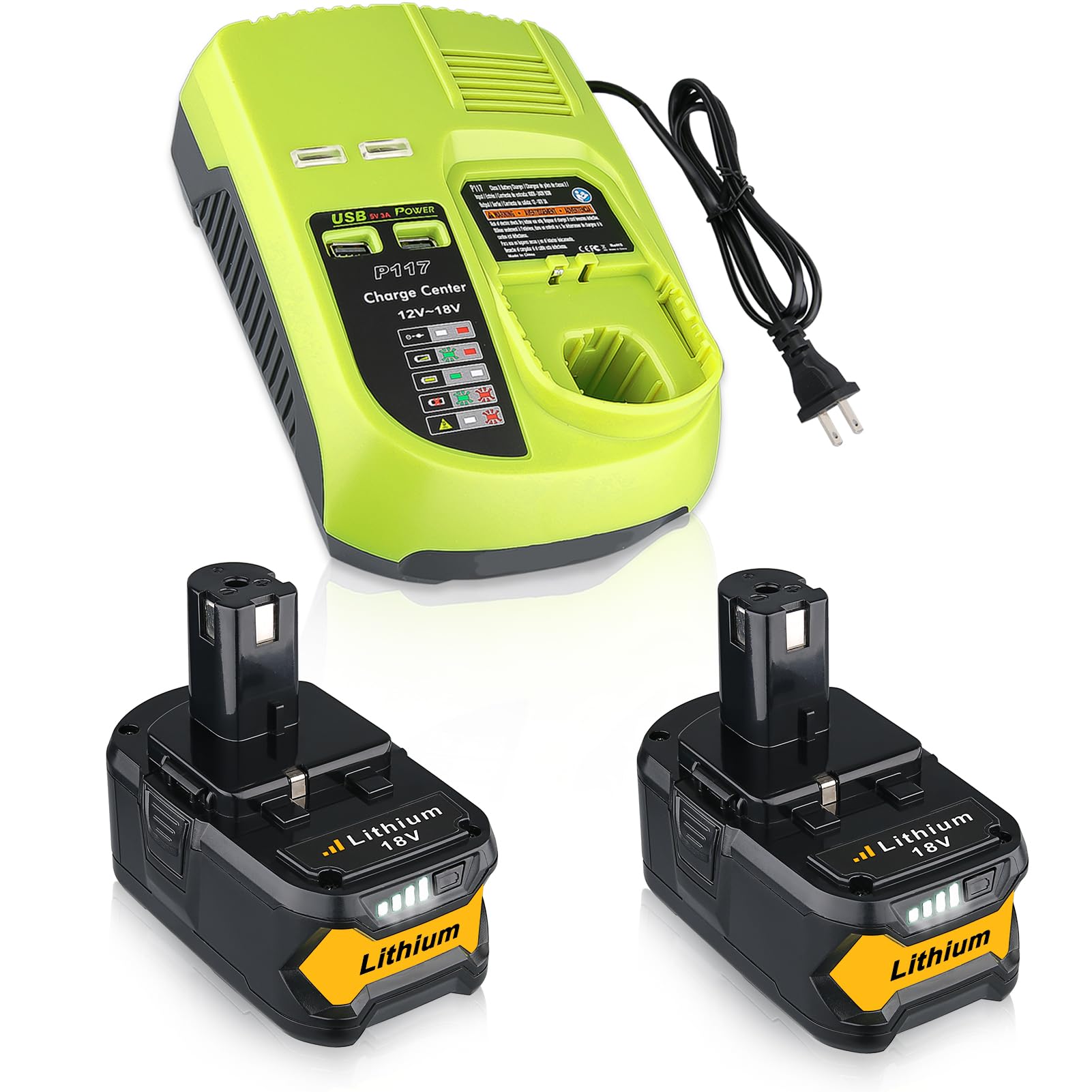
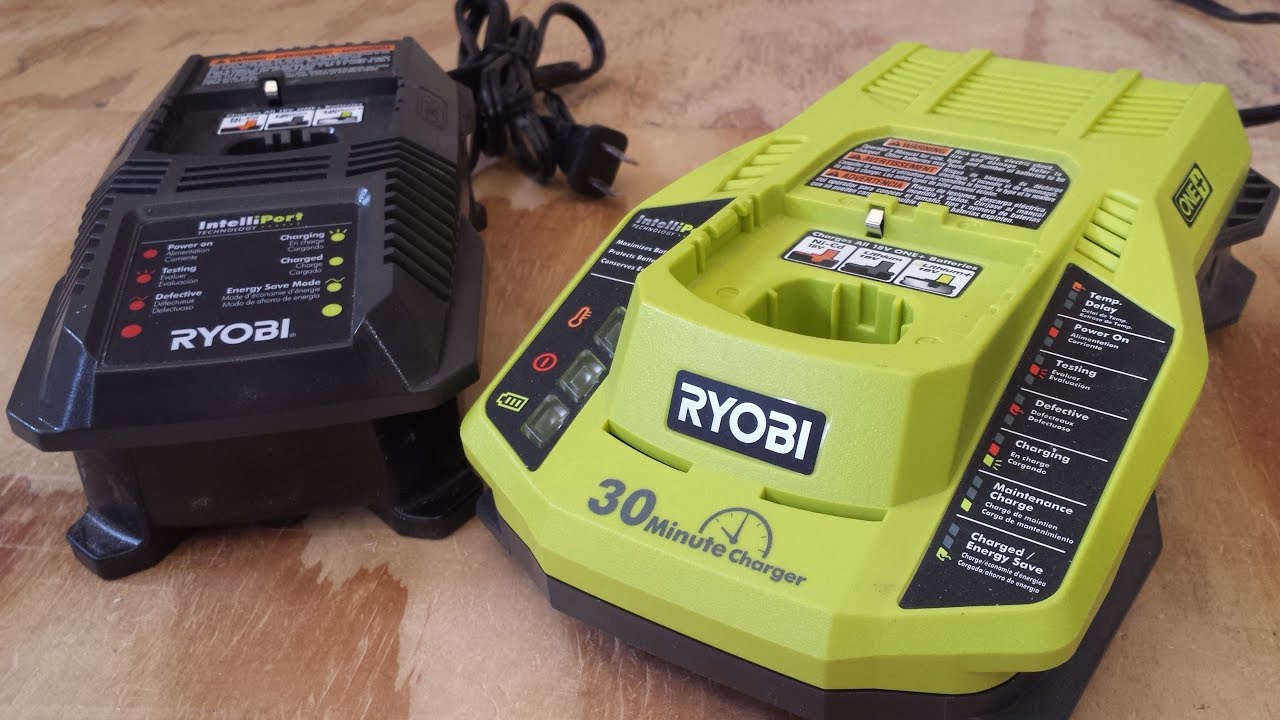
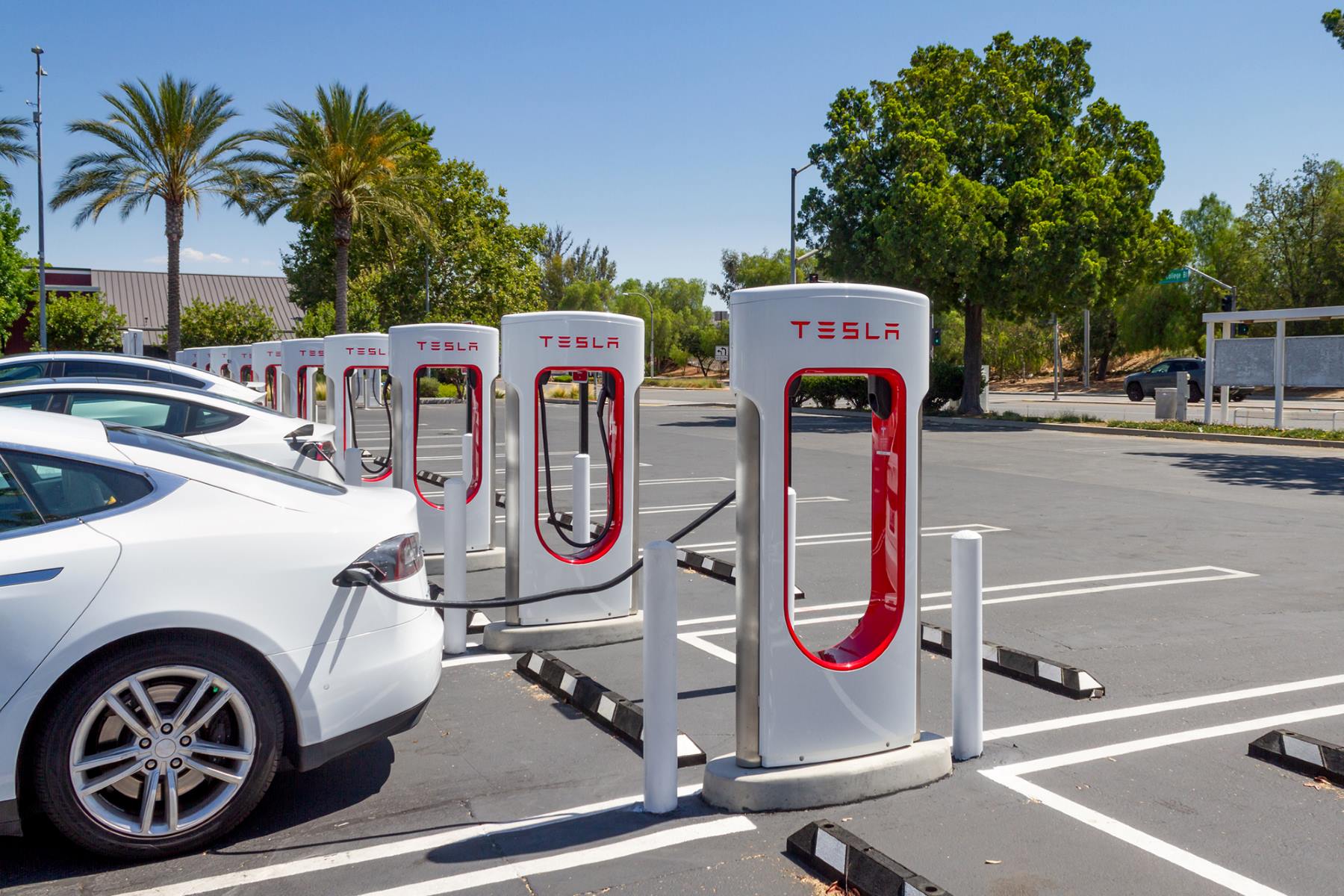

0 thoughts on “How Long Does It Take For A Ryobi 18V Battery To Charge”